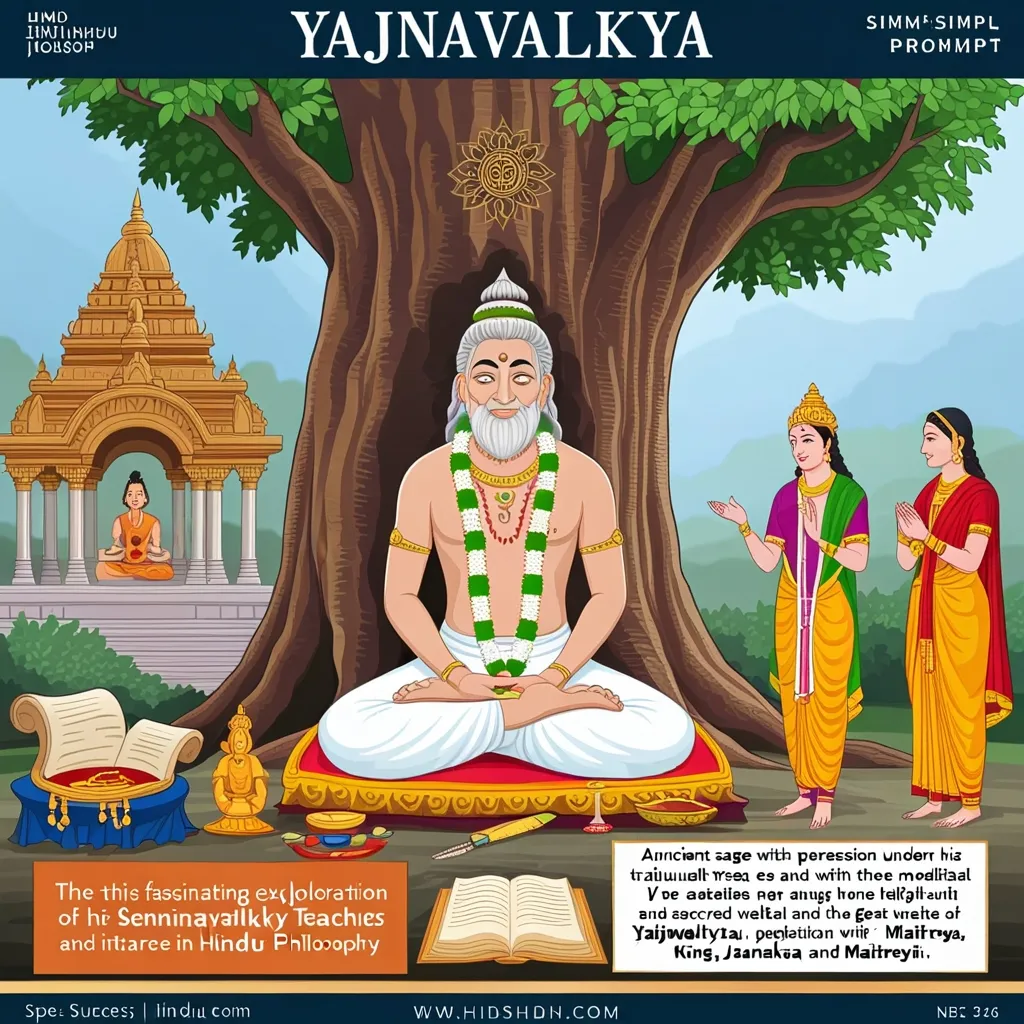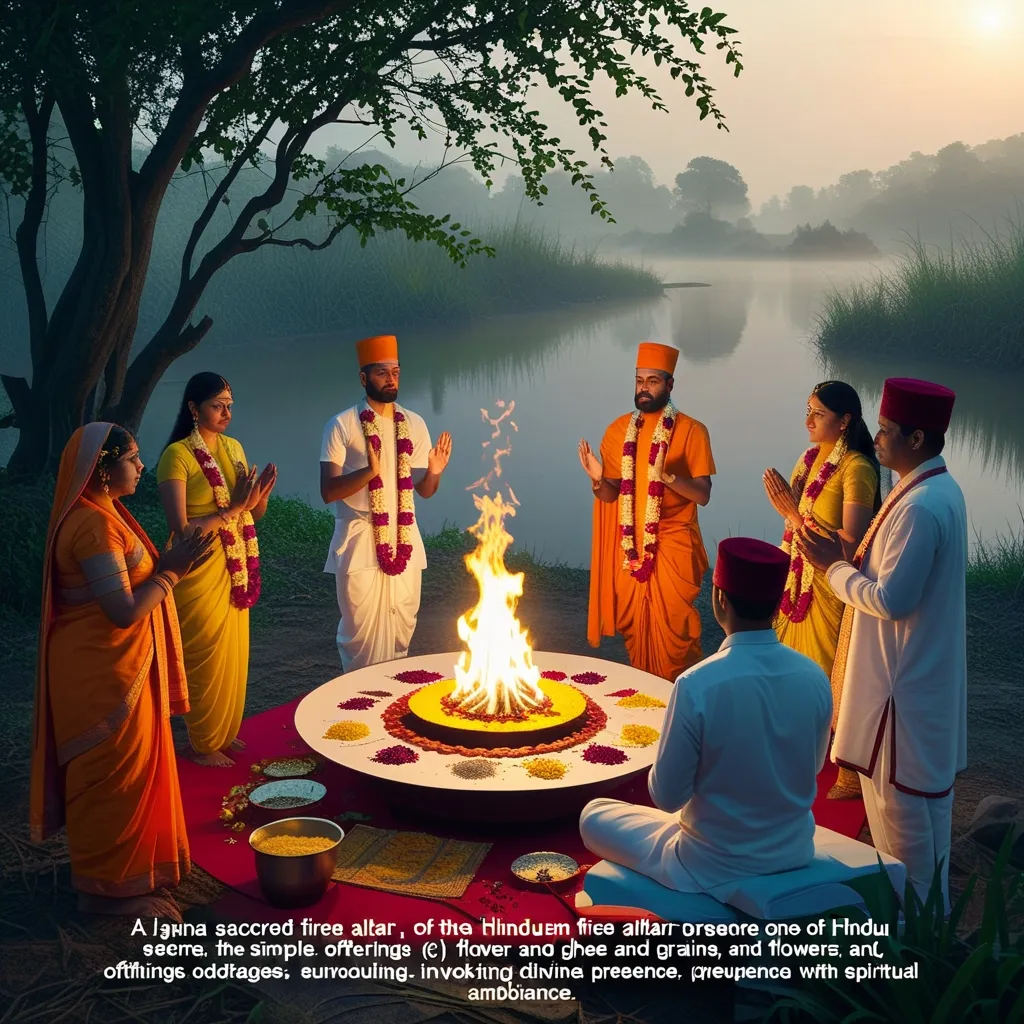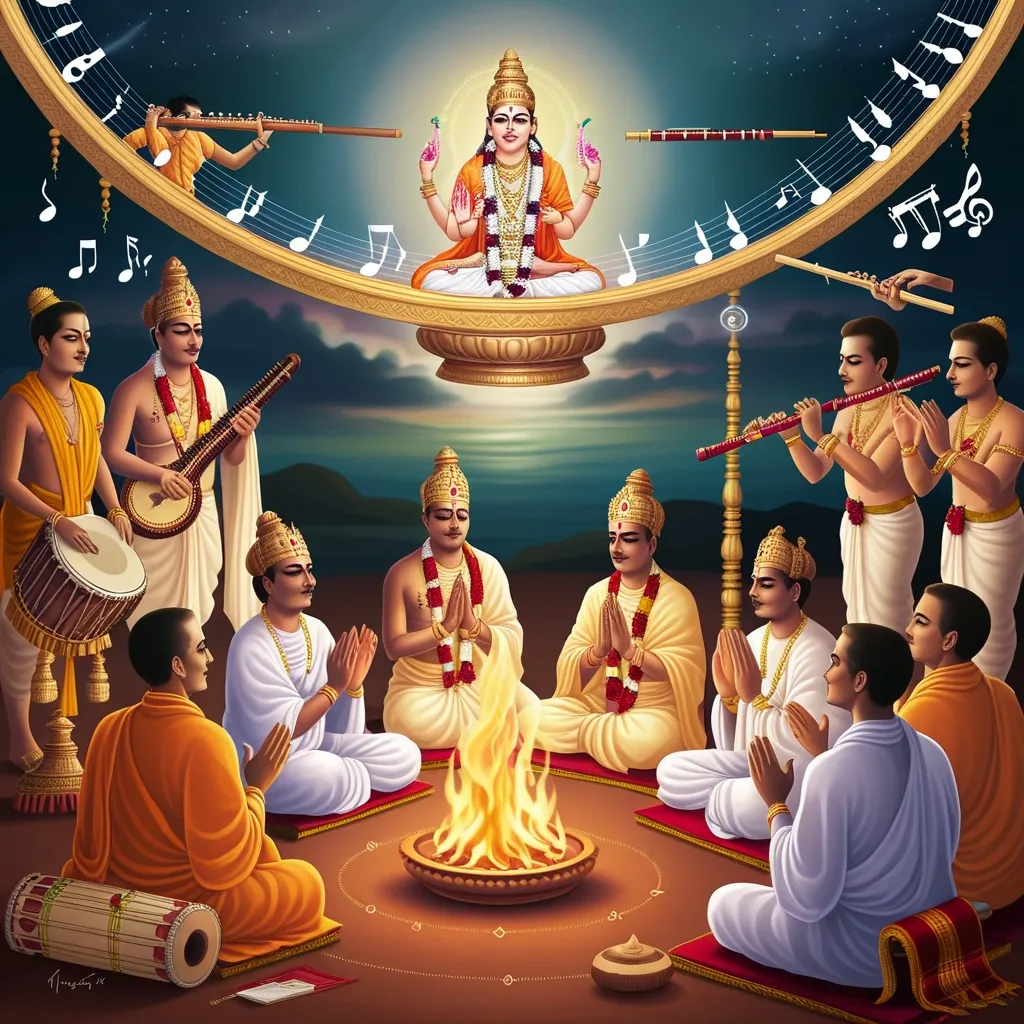Alright, let’s dive into the fascinating world of Yajnavalkya, a standout figure in Hindu philosophy, especially when it comes to the Yajur Veda. This spiritual heavyweight not only gifted us with profound philosophical teachings but also laid down a blueprint for ethical living that resonates even today.
Yajnavalkya is a true legend, mainly because he founded the Shukla Yajurveda tradition. This is one of the two main branches of the Yajur Veda, the other being Krishna Yajurveda. The Shukla Yajurveda is all about detailed instructions on rituals and sacrifices, aiming to form a sacred link between humans and the divine.
So, what makes Yajnavalkya’s teachings so impactful? At the core, it’s all about self-realization. Imagine digging deep within to understand your true self, beyond the layers of everyday life. His conversations with King Janaka and his wife Maitreyi are packed with insights on the nature of the self (Atman) and the ultimate reality (Brahman). These teachings encourage us to explore within, meditate, and grasp those eternal truths that go beyond the temporary nature of our surroundings.
Yajnavalkya didn’t just stick to abstract ideas; he offered a way of living. He emphasized that understanding the self leads to moral behavior. It’s like, once you know your true self, you naturally become calm, patient, and composed. You start acting with good character almost effortlessly. He even said that in the world of Brahman, good or bad actions don’t stick to you. It’s not a free pass to act immorally but a reminder that true self-knowledge transforms your behavior from the inside out.
One of the coolest aspects of Yajnavalkya’s philosophy is his emphasis on ethical living and detachment from material possessions. Think about it: in a world obsessed with material wealth, he’s nudging us to seek fulfillment beyond these fleeting treasures. This idea is super relevant today, given our growing awareness of environmental sustainability. His teachings urge us to adopt a mindful and sustainable approach to consumption.
Yajnavalkya also gave a lot of thought to what it means to live ethically. He split dharma (righteous living) into three categories: everyday life, royal conduct, and extraordinary circumstances. What’s interesting here is that he acknowledged dharma could come from Vedic sources, worldly customs, or even laws enforced by rulers. This practical approach makes his teachings relatable and easier to apply in daily life.
But wait, there’s more! Yajnavalkya’s teachings go beyond dualities and push us toward unity. In a world often divided by differences, he encouraged seeing the underlying oneness that connects all of humanity. This focus on unity is especially crucial now, as we strive for inclusivity and understanding across various perspectives.
You can’t talk about Yajnavalkya without mentioning his interactions with King Janaka of Videha. These conversations illustrate the dynamic interplay between royal authority and scholarly knowledge. Janaka admired Yajnavalkya, showing how rulers and sages worked together in the pursuit of wisdom during the Vedic period. These intellectual exchanges not only showcased Yajnavalkya’s expertise but also highlighted the cultural importance of learned discourse among the elite.
His discussions with women like Maitreyi and Gargi are also noteworthy. These interactions challenge traditional gender roles and position these female figures alongside notable male scholars. Maitreyi’s questions and Gargi’s philosophical debates show that women were recognized for their intellect in Vedic times. It’s a refreshing reminder of the complexities of gender dynamics and the value of inclusivity in philosophical discussions.
Yajnavalkya’s influence didn’t stop with his era. His blend of ritual practice and philosophical inquiry set a precedent that influenced later Vedic texts and doctrines. His teachings continue to inspire contemporary thought, offering guidance on spiritual well-being, ethical leadership, and even environmental consciousness.
Even though Yajnavalkya’s teachings are deeply rooted in Hindu philosophy, they offer timeless wisdom that transcends cultural and temporal boundaries. His focus on spiritual well-being is particularly relevant today, especially as many of us grapple with modern life’s challenges. His guidance on ethical living and the pursuit of spiritual truth provides a valuable compass for navigating the complexities of the 21st century.
To sum it up, Yajnavalkya’s teachings are a treasure trove of philosophical and ethical insights. Whether it’s about self-realization, ethical conduct, detachment, or the unity of existence, his wisdom is both profound and practical. As we sail through the tumultuous seas of modern life, Yajnavalkya’s teachings offer a steady anchor, helping us find inner peace, contentment, and a deeper understanding of the world around us.






